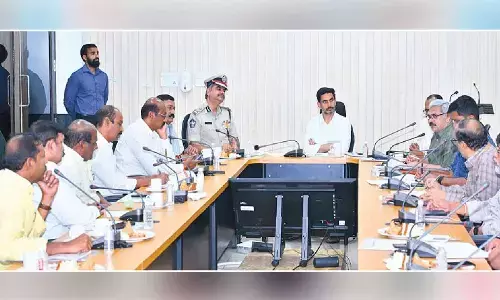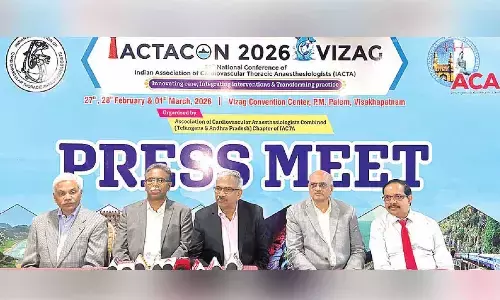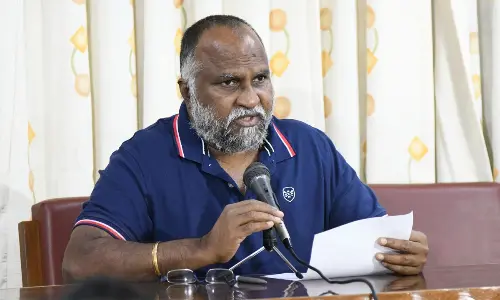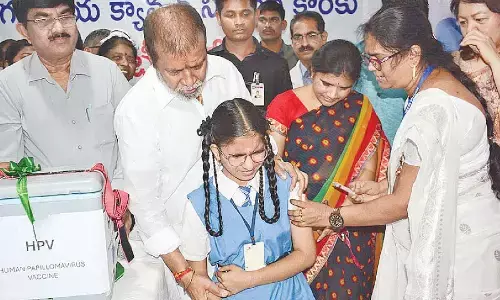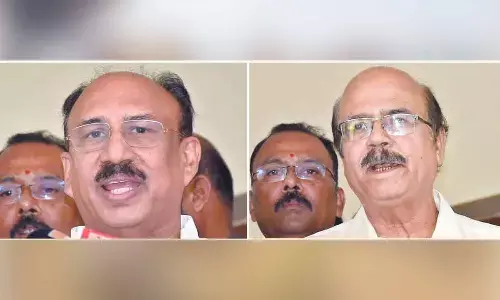Mentoring of young talent should begin early
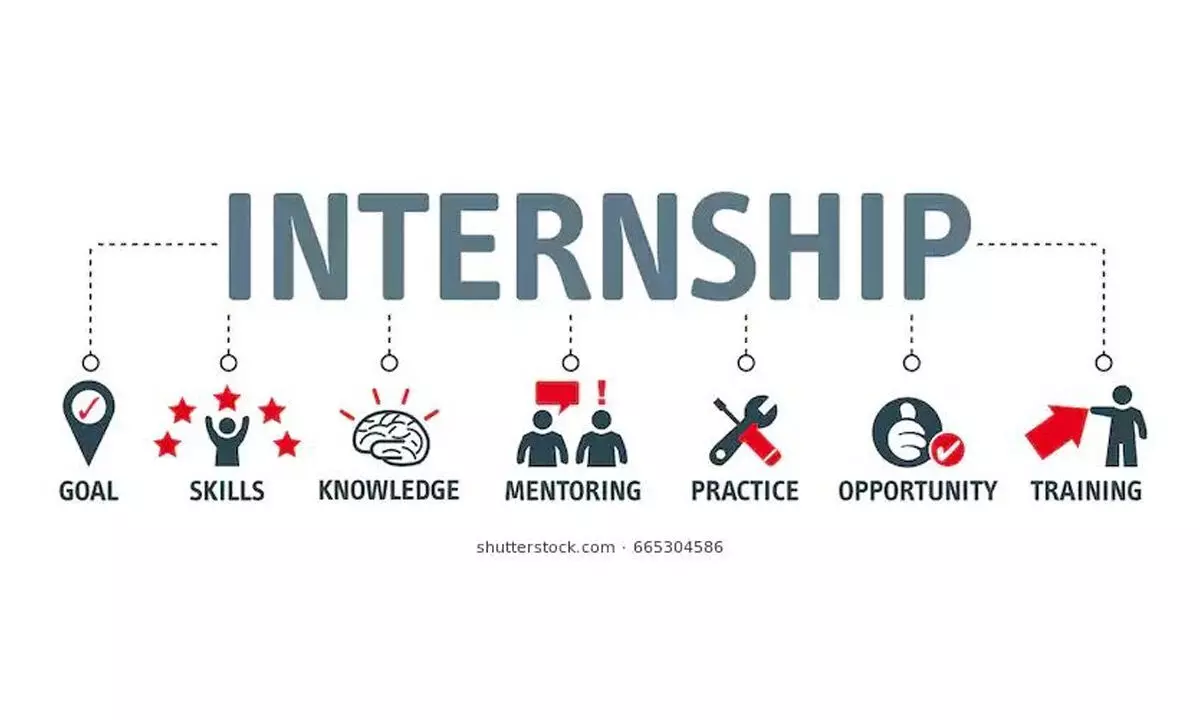
Mentoring of young talent should begin early
A lot of discussions are in public domain about employment, job creation, and job loss, but less is being talked about quality, quality in terms of skills, expertise, and result-oriented, self-driven professionals.
A lot of discussions are in public domain about employment, job creation, and job loss, but less is being talked about quality, quality in terms of skills, expertise, and result-oriented, self-driven professionals. Despite the full involvement of owners of textile and garments, the mid-level managers are also the backbone of the industry, but I don't see any concentrated efforts to create a large pool of well-qualified professionals who just don't do their job but add value to their companies.
Yes, there are world-class institutes in India like the National Institute of Fashion Technology(NIFT), DKTE'S Textile & Engineering Institute, Ichalkaranji, the Technological Institute of Textile &Sciences, Bhiwani to name a few. No doubt, there are a good number of well-known private universities, but focusing more on government institutes, have we ever noticed how many institutes are having good projects those can help the industry to overcome major challenges or at least can suggest some interesting solutions to the industry? How many faculty members of various institutes have achieved any patents or got industry recognition for their innovative efforts? Only very few especially about the mid-size institutes.
Recently, it was interesting to see that a few months before our Union textile minister Piyush Goyal had meetings with NIFT management team and reviewed almost eight major projects. But at the same time, it is sad to see that many professionals struggle to get a good internship where they can learn and deliver with their passion and fresh approach. The government should make internships compulsory for each and every institute.
And across India, there are different types of colleges and institutes those offer degrees, and diplomas but don't have any system or culture to create that kind of ecosystem which prepare the students to a profession desired by the industry.
Forget about challenging projects or the student's skills that they can have a challenging assignment, forget challenging or innovative projects, their students hardly have opportunity to take part in a good seminar, a meaningful conference, any good factory visit or such things which are very basic and should not be a big deal for any institute, no matter wherever it is.
And faculty of such institutes are more responsible for this situation as even they are familiar that what exactly is going on in the industry. Most of them are just doing their routine jobs, which is the minimum required to survive. All this is happening when for the last few years, disruption and startups are the buzzwords.
Few of the leading institutes are indeed autonomous, some have good resources, strong infrastructure, or easy access to the industry. But if the faculty and management of any institute wish to excel, then none of the issues is rocket science and there is hardly any such hurdle that can't be overcome. The industry needs talent more than ever before. Youth are looking for newer opportunities, and quick growth so maximum coordination between industry and institutes will prove a win-win for all.
Alumni of various institutes are also an important stakeholders and only very few institutes are properly utilizing their alumni. From industry exposure to mentoring, guest lecture to placements, these alumni can prove a big asset for the institutes, especially those that have limitations in terms of resources or excess to the industry.
One more aspect I would like to highlight here is that due to complications in manufacturing and increasing more lucrative options in other emerging industries like e-commerce, retail, branding, designing and startups, young talent is now reluctant towards hardcore manufacturing. A lot of students are now also becoming entrepreneurs with their small but growing ventures.
So compared to other sectors, the textile and garment manufacturing segment face a more negative impact as far as the availability of good and fresh talent is concerned. Institutes of tier-3 and tier-4 cities can become instrumental as most of the students in such cities can easily be attracted to work in manufacturing setups. Manufacturing units should also give priority to nurturing such young talent. As in sports, experts follow, 'catch them early' in our industry also, we should focus on similar lines and make sure that our students should get enough opportunities to get exposure during their college life and by the time they are ready to start their professional journey, they should not struggle for good salary or good company, they should have all the option to achieve what they deserve.
(The author owns a garment manufacturing setup in a rural area, which employs mostly women workers)


